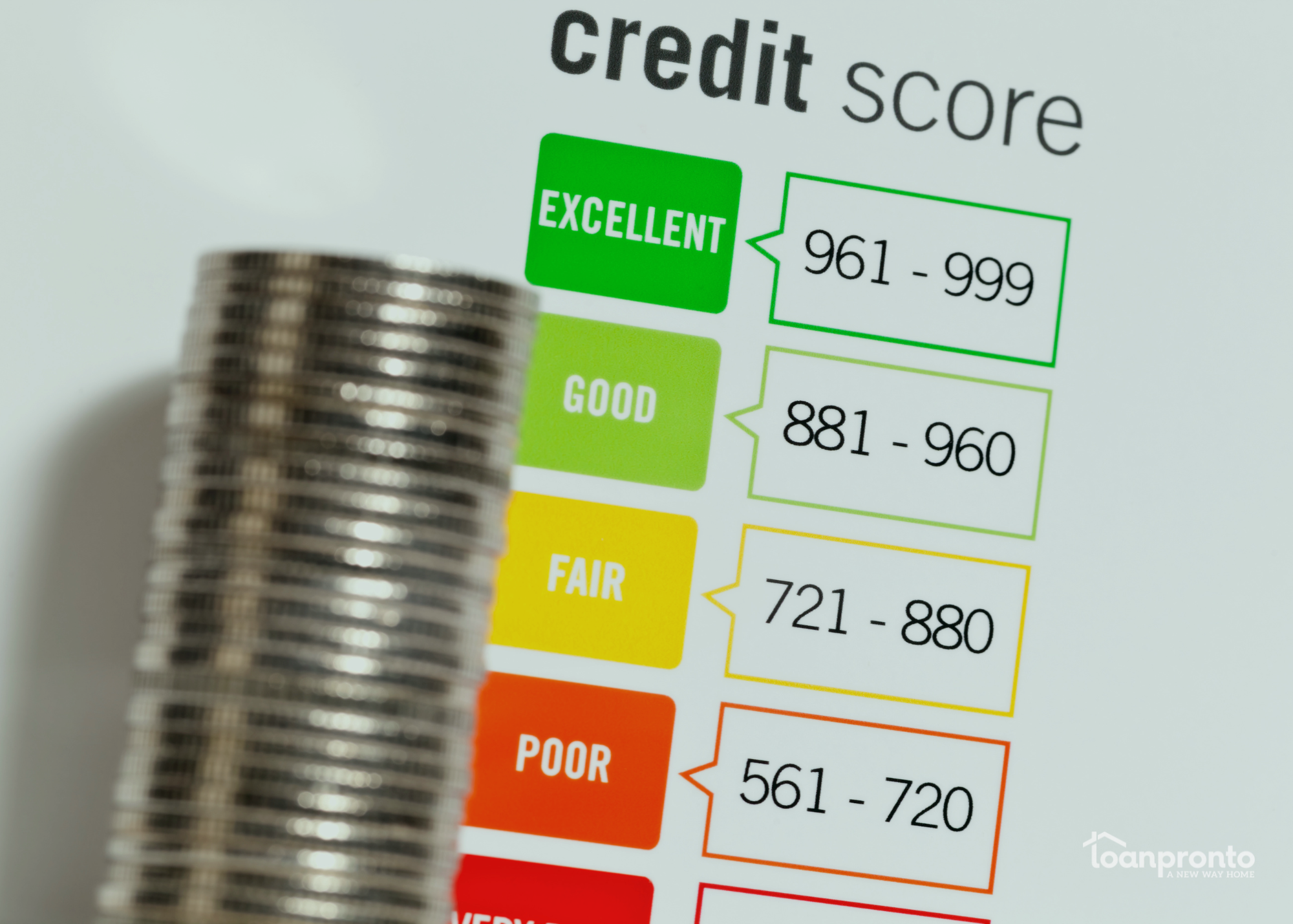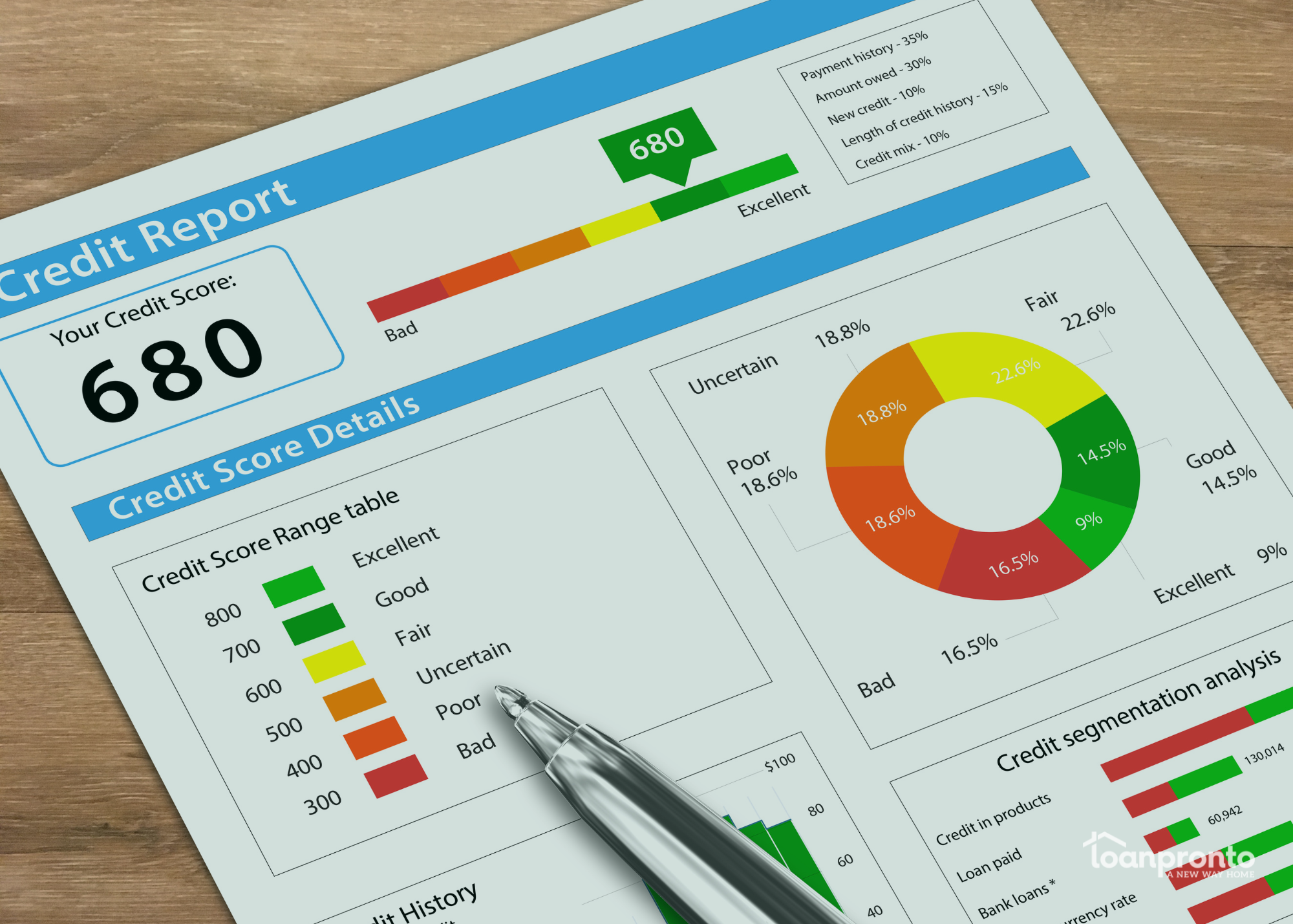Key Takeaways
-
Credit card interest rates are rising, making debt payoff more urgent in 2025.
-
The debt avalanche method saves the most money over time by targeting high-interest balances.
-
A balance transfer credit card can offer interest-free relief, but only if paid off before the promotional period ends.
-
Debt consolidation simplifies repayment and may improve your credit if managed well.
If you’re struggling with credit card debt, you’re not alone. Nearly half of Americans carry a monthly balance, and with credit card interest rates now exceeding 20%, that debt can escalate quickly. Fortunately, there are several effective ways to pay off credit card debt in 2025. By choosing the right strategy based on your financial situation, you can save money on interest, reduce your balances faster, and even improve your credit score.
Top Credit Card Debt Payoff Strategies
| Strategy | Best For | Key Benefit | Considerations |
| Debt Avalanche | Lowering interest costs | Pay off high-interest debt first | May take longer to feel progress |
| Snowball Method | Building momentum | Start with smallest balance | Can cost more in interest |
| Balance Transfer Card | Interest-free payoff | 0% APR promotional period | Fees may apply; credit needed |
| Budgeting | Spending control | Helps manage cash flow | Requires discipline and tracking |
| Increasing Income | Faster payoff | Adds extra funds | May require time commitment |
| Paying with Cash | Avoiding new debt | Curb impulse spending | Less convenient for online purchases |
| Debt Consolidation | Simplifying repayment | Combines debts into one loan | Must qualify for lower rate |
1. Use the Debt Avalanche Method
The debt avalanche method focuses on paying off your highest-interest credit card first while making minimum payments on the others. Once the top-rate card is paid off, move to the next-highest.
- Why it works: Minimizes total interest over time
- Best for: Long-term savings
- Tip: Stay consistent, even if results feel slow early on
2. Try the Snowball Method
This strategy pays off smallest balances first, creating early wins that build motivation. After each success, apply the freed-up payment to the next debt.
- Why it works: Builds momentum quickly
- Best for: Beginners needing motivation
- Trade-off: You may pay more in interest overall
3. Consider a Balance Transfer Credit Card
If your credit score qualifies, transfer your high-interest debt to a 0% APR balance transfer card. This gives you 12–21 months to pay down the balance interest-free.
- Benefits: Saves money and simplifies payments
- Caution: Watch for transfer fees and post-promo rates
- Best for: Those with good credit and a plan to pay off quickly
4. Create a Realistic Budget
To pay off debt effectively, you need to understand where your money goes. Use the 50/30/20 rule to divide your income:
| Category | % of Income | Purpose |
| Needs | 50% | Rent, groceries, transportation |
| Wants | 30% | Dining out, entertainment |
| Savings/Debt | 20% | Emergency fund, credit card payments |
A clear budget can prevent overspending and keep your goals on track.
5. Increase Your Income
If your current income doesn’t cover both your living expenses and debt payments, consider a side hustle.
- Examples: Freelancing, tutoring, pet sitting, delivery apps
- Stat: One in five Americans uses side income to pay off debt
- Best for: Accelerating progress when your budget is tight
6. Pay With Cash Instead of Credit
Switching to cash can prevent further credit card debt. When you physically part with money, you’re more likely to spend thoughtfully.
- Bonus Tip: Try the envelope system to control spending by category
- Best for: Avoiding impulse purchases
7. Look Into Debt Consolidation
A debt consolidation loan or home equity loan combines multiple balances into one monthly payment, ideally at a lower interest rate.
- Benefits: Simplifies repayment, may lower your rate, improves credit with on-time payments
- Best for: Those with multiple credit cards or high balances
Should You Get Help Paying Off Credit Card Debt?
If managing debt on your own feels overwhelming, consult a certified credit counselor from a nonprofit agency. These professionals can help you:
- Create a customized debt payoff plan
- Enroll in a debt management program
- Negotiate lower interest rates with creditors
FAQs: Paying off Credit Card Debt
No SSN required. Zero impact to credit. Your Information is never sold.



